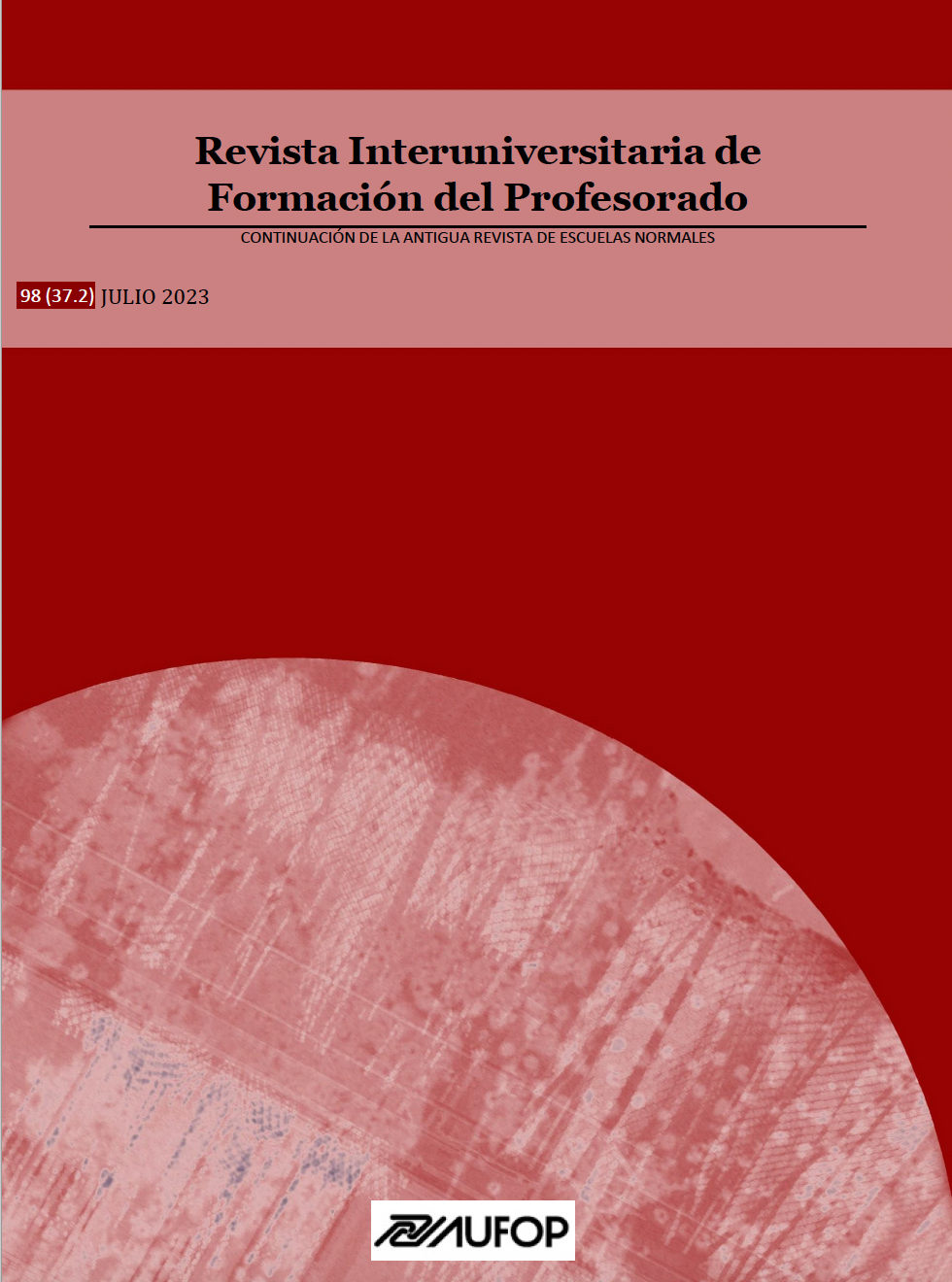Didactic analysis in teacher training based on the onto-semiotic approach tools. The case of proportionality textbook lessons on proportionality
DOI:
https://doi.org/10.47553/rifop.v98i37.2.99050Abstract
A textbook lesson shows the instructional process planned by the author to promote the learning of content by potential students. Assessing the suitability of a lesson requires an in-depth analysis that considers the sequence of operative and discursive practices proposed by the author for developing the mathematical content, how the required prior knowledge is managed, and identifying potentially conflictive elements that the teacher must consider. This paper describes the results of a training experience with students for primary school teacher aimed at fostering the competence of didactical analysis, using a proportionality textbook lesson. The aim is for students to analyse teaching situations by characterising objects and processes as constituent elements of the mathematical content (onto-semiotic analysis) to be learned and to identify their role in possible learning difficulties (identification of semiotic conflicts). The design, implementation, and evaluation of the experience are based on the application of theoretical-methodological tools of the Onto-semiotic Approach. The content analysis of the reports produced by the students for teacher reveals their difficulties in identifying the objects (mainly propositions and arguments) that are required or emerge from the practices, through the respective mathematical processes. Accordingly, the identification of conflicts, especially those referring to specific epistemic and cognitive aspects of proportionality or their treatment is not sufficiently satisfactory.
Downloads
Published
How to Cite
Issue
Section
License
The "Revista Interuniversitaria de Formación del Profesorado (RIFOP)", with ISSN print 0213-8646 and ISSN electronic 2530-3791), adheres to the copyright notices proposed by Creative Commons
Authors’ rights
Papers published in the journal are subject to the following terms:
1. The Asociación Universitaria de Formación del Profesorado (AUFOP) is the editor of the RIFOP and holds the copyright of the papers published therein. The reuse of these is allowed under the license for use as indicated under point 2.
© Asociación Universitaria de Formación del Profesorado (AUFOP)
2. The papers are published in electronic version under the license CreativeCommons Reconocimiento-NoComercial-SinObraDerivada 3.0 España (texto legal). Papers can be copied, used, disseminated, transmitted and publicly exhibited provided that: i) the authorship and original publication source are cited (journal, editors and URL of the paper); ii) they are nit used for commercial gain; iii) the existence and specifications of the license for use are mentioned.
3. Auto-archiving conditions. Authors are allowed and encouraged to disseminate electronic pre-print versions (versions prior to peer review) and/or post-print (versions reviwed and accepted for publication) of their papers prior to their publication, since this favors prompt circulation and dissemination and supposes a possible increase in cites and scope within the academic community.
Privacy declaration
The names and email addresses incorporated into this journal will be used solely for the declared purposes of the journal and will not be available for any other purposes or to third parties.






